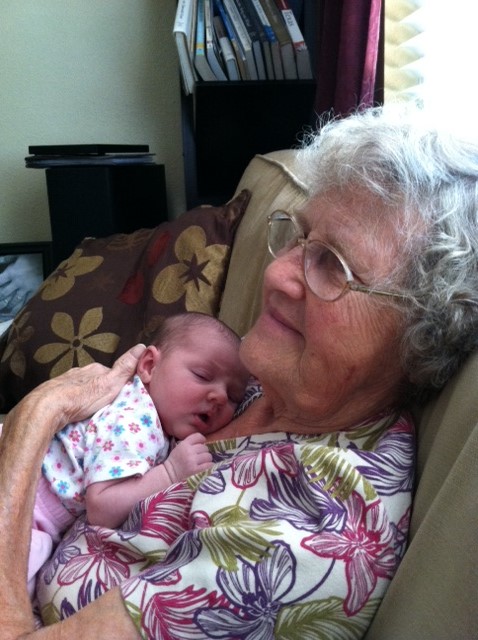Overview
Generally, it is very difficult for grandparents to win a lawsuit seeking possession of or access to their grandchildren. However, it is much more possible for grandparents to win a lawsuit seeking custody of their grandchildren. In order to do so, grandparents must prove they have standing to bring a lawsuit.
Can a grandparent file an original suit affecting grandchildren?
Yes, provided that the grandparent has standing under Texas Family Code §102.003(a). Usually, a grandparent may have standing either as (1) a guardian of the person or the estate of the child; (2) a person who had has actual care, control, and possession of the child for at least six months ending not more than ninety days preceding the date of filing of the petition, or (3) a person with whom the child and the child’s guardian, managing conservator, or parent have resided for at least six months ending not more than ninety days before the date of filing of the petition, if the child’s guardian, managing conservator, or parent is deceased at the time the petition is filed.
How is the time computed?
In determining the time necessary for standing, the court may not require that the time be continuous and uninterrupted but shall consider the child’s principal residence during the relevant time preceding the date of filing of the petition. “Principal residence” means (1) a fixed place of abode, (2) occupied consistently over a substantial period of time, (3) that is permanent rather than temporary.
What is “actual control”?
“Actual control” of a child means the actual power or authority to guide or manage or the actual directing or restricting of the child as opposed to the legal or constructive power or authority to do so.
When does a grandparent not get standing?
Grandparents cannot get standing (1) from temporary visits that depend on the parent’s consent; (2) under §102.003(9) if one of the child’s parents also resides with the grandparents and that parent is also caring for the child during the requisite period; (3) unless they provide proof that appointment of a parent as a managing conservator would significantly impair the child’s physical health or emotional development. Even if a nonparent resides with the parent and assists with the care of the child, unless the nonparent can prove that the parent failed to adequately care for the child or has abdicated his or her parental responsibilities, the nonparent cannot establish standing.
Are there presumptions against a grandparent?
Yes. The first presumption is that both parents should be appointed as joint managing conservators or a parent should be named as a sole managing conservator over others. The second presumption is that the appointment of both parents as joint managing conservators is in the best interest of the child.
Can the presumptions be rebutted?
Yes. The first presumption may be rebutted if the court finds that the parent has voluntarily relinquished actual care, control, and possession of the child to a nonparent, a licensed child-placing agency, or an authorized agency for a period of one year or more, a portion of which was within 90 days preceding the date of intervention in or filing of the lawsuit, and that the appointment of the nonparent or agency as managing conservator is in the best interest of the child.
The second presumption may be rebutted if there is a finding by the court of a history of family violence involving the child’s parents or there is credible evidence of a history or pattern of past or present child neglect or physical or sexual abuse by that parent directed against the other parent, a spouse, or a child.
Can a parent designate a grandparent as a conservator?
Yes. A parent may designate a grandparent or other nonparent to serve as managing conservator in an unrevoked or irrevocable affidavit of relinquishment of parental rights executed in accordance with the terms of Family Code chapter 161. The court shall appoint that person unless it finds that it would not be in the best interest of the child to do so.
Can a grandparent be ordered to pay child support?
No. A court is not authorized to order a grandparent to pay child support. Only a parent can be required to do so.

